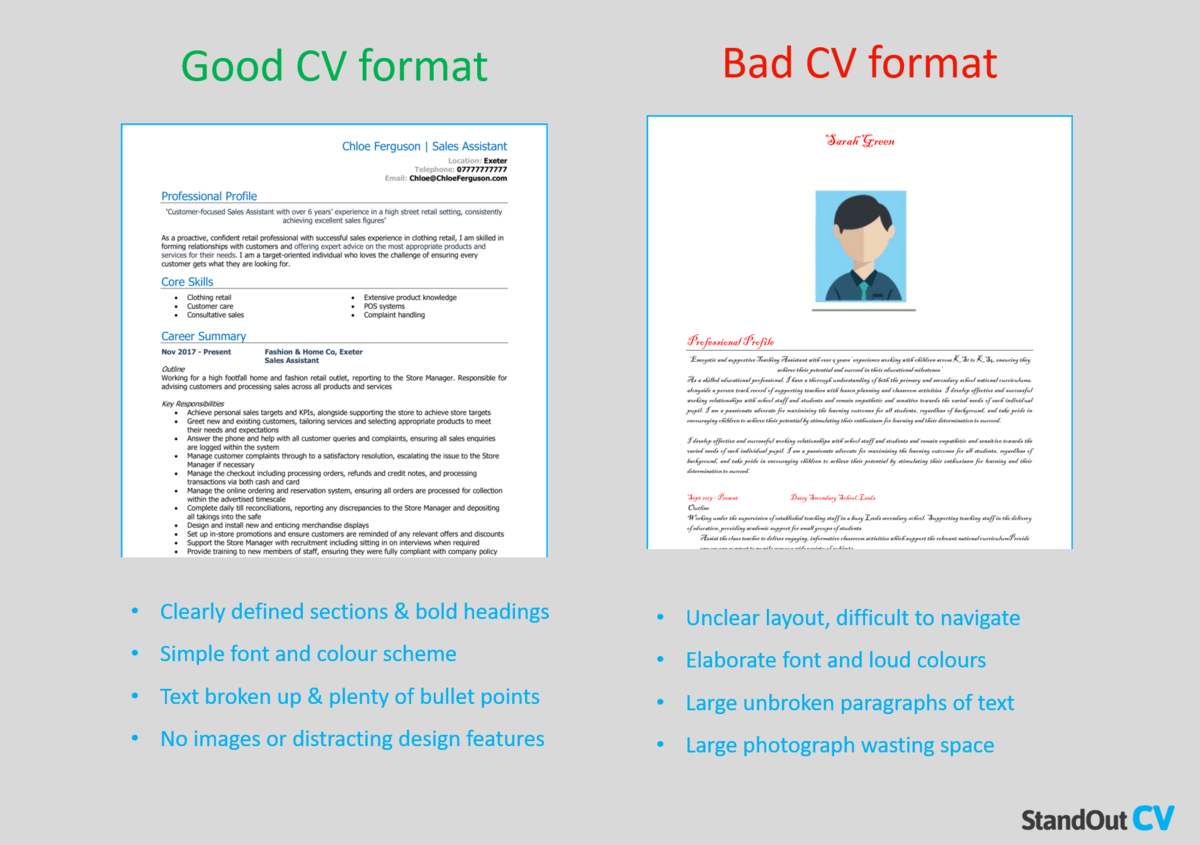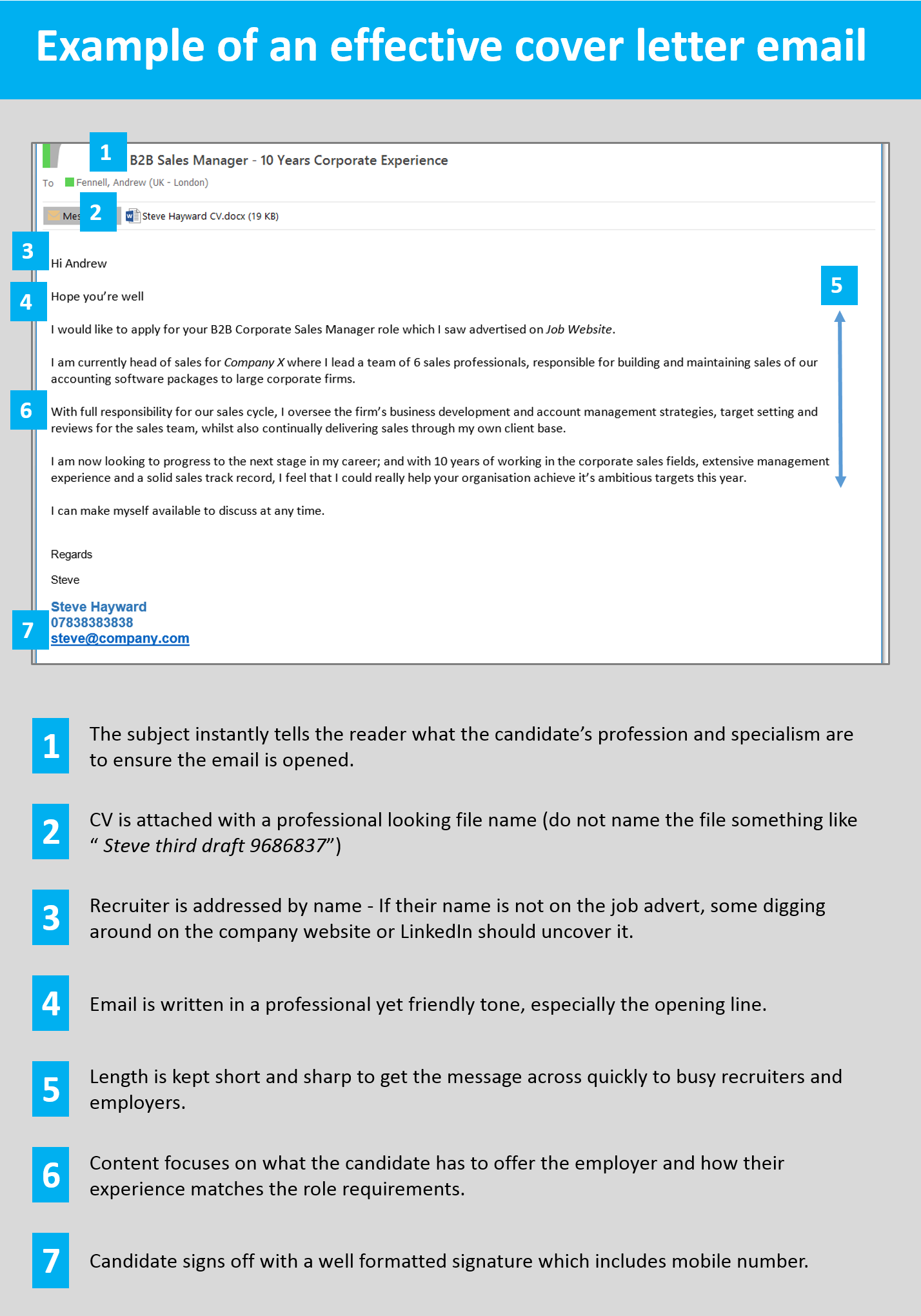When you’re looking for a new job, wouldn’t it be great to know exactly how long it will take?
We thought so too.
So, we surveyed 2,500 British workers and asked them how long it took them to land their current job.
We spoke to experienced professionals, fresh graduates, career changers and more – to find out exactly how long it takes to land a job.

How long does it take to get a job
It takes the average person 3.8 months to land a job in the UK (16 and a half weeks) from the moment they update their CV to receiving and accepting a job offer.
Each job seeker has to dedicate 6.5 hours per week to their search, and make an average of 162 applications to secure that job offer.
Of course, there are lots of variables that will affect how long it takes you to get a job, so here’s how that’s broken down across employment-type, profession, industry, career stage, profession, and more.
How long it takes to get a job at each career stage
The hiring process can vary greatly depending on the seniority of the vacancies being applied for. Often senior roles come with large salaries and responsibilities, so the hiring process can be lengthy with multiple interview stages.
Graduate jobs
Graduates take an average of 5.6 months to land a job in the UK. This is almost 2 months longer than the national average, and is likely prolonged by lengthy hiring processes and increased candidate competition as more graduates join the job market. Graduate roles often come with plenty of training opportunities, meaning that recruiters have to be sure they pick the right people to invest in.
Entry level jobs
An entry level job with minimal candidate requirements (in terms of qualifications and experience) takes an average of 2.2 months to secure.
Junior jobs (1-3 years of experience)
Jobs for experienced candidates in the early stages of their career can be obtained in an average of 3.6 months, just below the average job search length.
Management jobs
It takes an average of 5 months to land a management job, just over a month longer than the UK average.
Senior management jobs
Senior management jobs such as managing director or chief financial officer take an average of 7.2 months to secure, and it takes 8 months to land a CEO position ; more than double the national average job search.
Carer changers
It takes 7.5 months to get a job when changing career. This is likely so long because career changers do not usually have many of the skills and experience required for the jobs they are targeting – and therefore find it more difficult to land job interviews.
Which employment types take longest to get a job in?
The type of employment you are searching for will undoubtedly have an impact on the amount of time it takes you to find a job. Generally speaking, employers will take much more time to decide on a permanent hire, than they will a casual worker.
Permanent jobs
Perhaps unsurprisingly, permanent jobs take the longest to secure, with an average job search time of 4.5 months.
Contract jobs
It takes 4.2 months to secure a long-term contract role (3 months or longer) which is only around a week quicker than a permanent position.
Casual jobs
Casual jobs such as temporary positions, bank-staff, part-time roles and short-term contracts only take 1.8 months to land.
Which jobs take the longest to land?
Some jobs take longer than others to get. These are the 10 jobs with the longest search times.
| Job | Average time to get a job (months) |
|---|---|
| Academic professor | 8.3 |
| Chief executive officer | 8 |
| Senior civil servant | 7.9 |
| Senior engineer | 7.9 |
| Headteacher | 7.5 |
| Barrister | 7 |
| Chief financial officer | 7 |
| Chief technology officer | 6.8 |
| Head of business development | 6.3 |
| Chief marketing officer | 6.2 |
Which jobs are quickest to get?
These are the 10 jobs with the shortest times to secure.
| Job | Average time to get a job (months) |
|---|---|
| Bar staff | 1 |
| Sales assistant (retail) | 1 |
| Waiter/waitress | 1.2 |
| Delivery driver | 1.2 |
| Call centre operative | 1.4 |
| Kitchen porter | 1.4 |
| Telesales executive | 1.6 |
| Labourer | 1.6 |
| Data entry clerk | 2 |
| Teaching assistant | 2.2 |
How many interviews does it take to get a job?
It takes an average of 5 interviews to land a job, according to our recent survey of 1,000 UK job seekers – see full details here.
How to speed up your job search
Some of these job search time may seem pretty lengthy, but remember that they are average figures and some people are able to land jobs much quicker than the average times.
If you want to land a job quickly, here are some tips to help you out.
Narrow your search
To give yourself the best chance of getting responses from your job applications quickly, you need to narrow in a specific type of job. The more you know and understand the jobs you are targeting, the easier it will be for you to create a CV that matches the job adverts closely and send attractive applications.
So hone in the type of job you want and research it thoroughly to understand the most important skills, knowledge and experience you need to demonstrate to get noticed by recruiters.
Perfect your CV
Your CV is your number one marketing tool, and if it’s not appealing to recruiters, your job search could drag on for some time.
If you want your CV to be effective in getting responses, do the following things:
- Format for success – The format of your CV will determine how professional you appear, and how easy it is for busy recruiters to digest the information in the document. To achieve this, use a simple clean text, clearly divide the page into sub-sections and use plenty of bullet points to make skim reading easy. You can of course use a professional CV template to make this task easier
- Tailor heavily – Recruiters will only take note of your CV if it contains the skills they want to see. Always read every job advert thoroughly and tweak your CV to add the most important key words before hitting send.
- Prove your impact – Employers want to know what difference you can make in their organisation, so show them. Add some quantified achievements to all of your roles to prove the exact impact you made in each job.
Check out our CV writing guide for more guidance and tips.
Write tailored cover letters
Firing off your CV with no accompanying message is a huge waste of an application. If the recruiter on the receiving end doesn’t see any reasons for opening your CV, then they may just skip straight on to the next one in their inbox.
Always write a tailored cover note that builds rapport with the reader and summarises why you would be a great fit for the job. Doing this will increase the amount of times your CV gets opened, and the number of responses you will achieve.
Connect and follow up
Sending job applications via job sites is quick easy nowadays, but as a result of this, most recruiters are inundated by rushed job applications from candidates who are applying to jobs with little thought.
To stop yourself from being lost amongst this sea of applications, try to connect with the recruiter outside of the job websites where possible. Track them down on LinkedIn or in their company “about us” website page, and send them a more personalised application. Also, don’t forget to track your applications and follow up with anyone you haven’t heard back from after a week.
Methodology
To provide this research we surveyed 2,500 people in February 2024, who were currently employed by a UK company at the time. This included a mixture of ages between 18-61, and an even balance of male and females. There was representation from all major industries and the employment type mix was as follows: Permanent staff 54%, Contractor 26%, Casual worker 20%.





